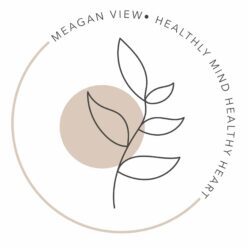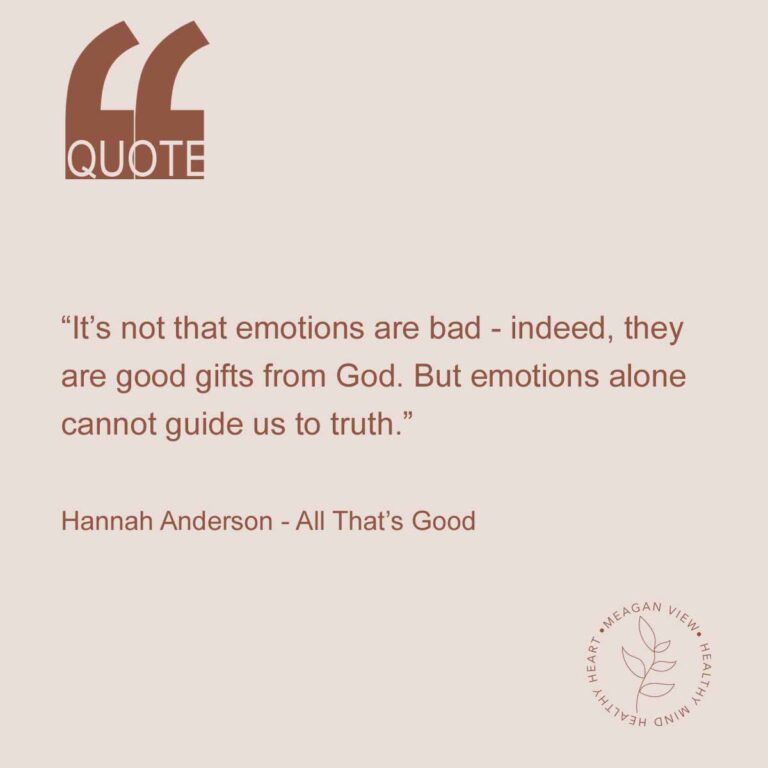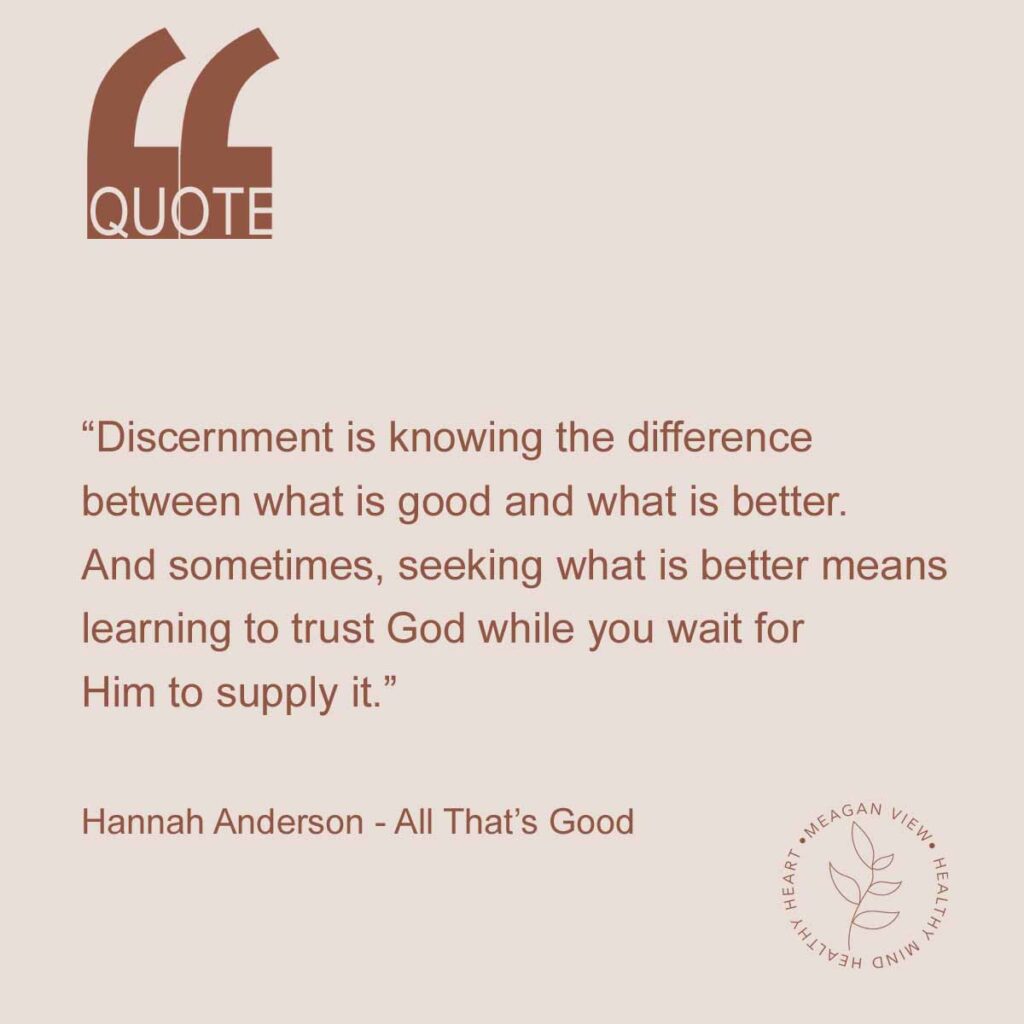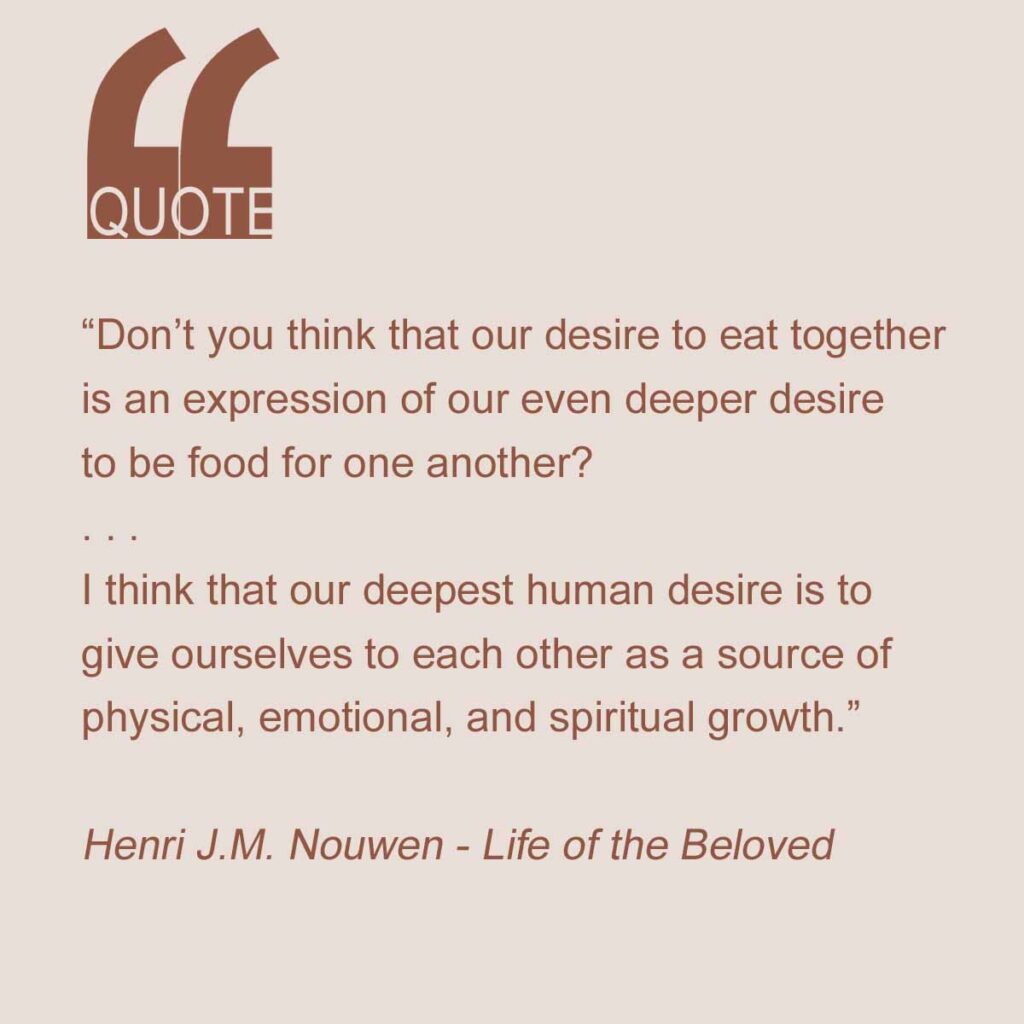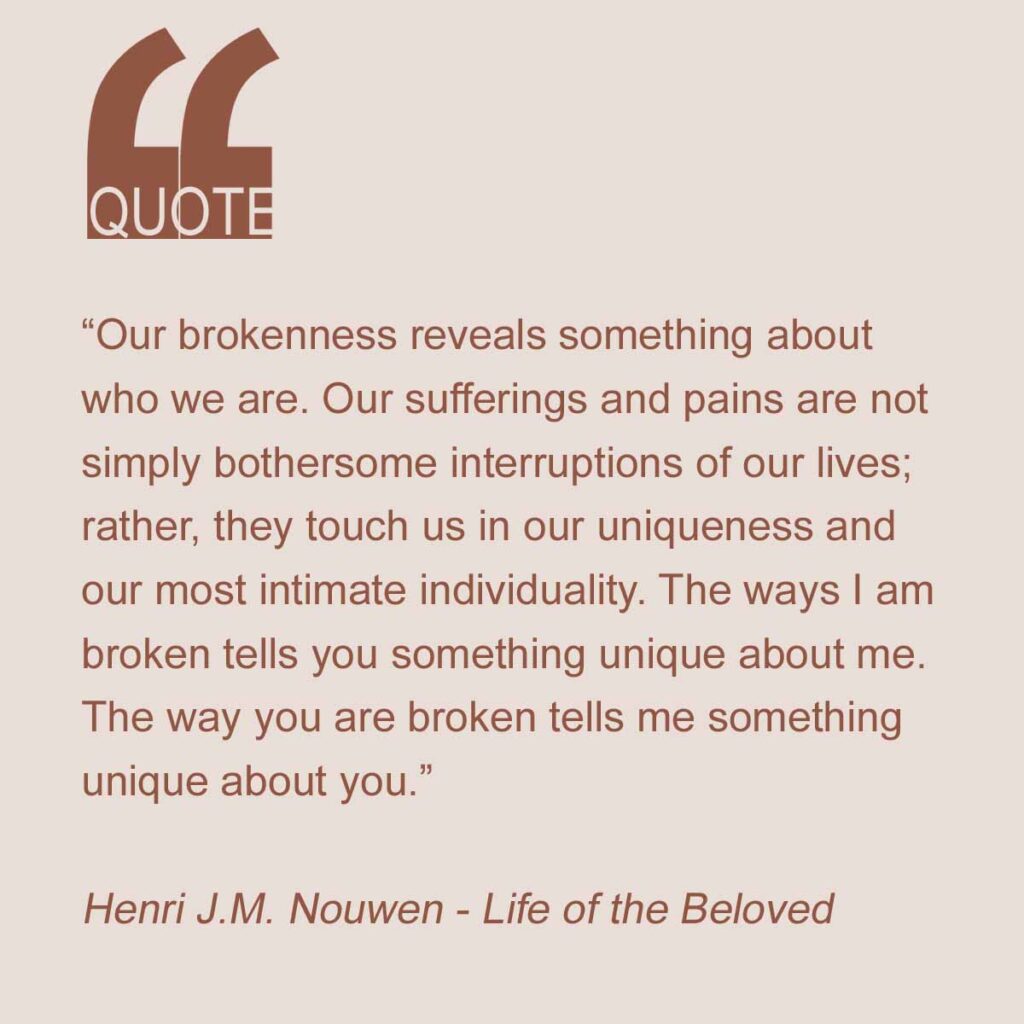You’ve just experienced the climax of December festivities – all the parties, all the cookies, all the shopping, all the extended family, all the rushing, the fixing, prepping, joining, conversating. And now, the new year approaches. If you’re like me, you don’t know what day it is or what you’re supposed to be doing … I only know the new year is approaching.
Perhaps the month of December propels you forward with new vision and strength; all the socializing has stirred in you a fresh energy? However, this is for the empath – the one who feels heavy without explanation and could use some help moving into the New Year.
The best way I can describe the heaviness is this, I wish I could wash off other people’s emotions, because they stick to me, and I’m left with a feeling of defeated-ness. Empath’s see and feel what others are fighting. At least that is what I tearfully told my husband the day after Christmas. I know these feelings are not mine to fix, and I know I’m not responsible for others … but I feel them, and therefore they feel like a part of me.
(Sometimes a good cry helps loosen the sticky grip … however, washing yourself in the Word and worship is cleansing, and opens the perspective of victory to the heart.)
These are questions I’ve written for myself and want to share with you as a tool to help bring cleansing, focus, and energy back to your journey.
LOOKING BACK TO SEE FORWARD
ONE:
What relationships had the biggest impact on you? How?
Not all impactful relationships end well. When my daughter and her boyfriend broke up, I found myself grieving a boy whom I accepted as my own. I quickly realized my grieving was because I knew I had much more healing love to offer him, therefore I grieved for his unhealed wounds. This impacted me to begin mentoring and purposefully sitting down with those who need a listening ear to hear their story and in turn, offer them wisdom and healing from my relationship with Jesus.
An impactful relationship helps you see God’s direction for you.
TWO:
When it comes you your health (physical, mental, emotional), what brought improvement? And therefore, what do you need to keep doing?
I’ve read some great books that inspired and directed health. Without going to into great detail on specifics, I’ll list them and let them help you in your unique situations.
Good Boundaries and Goodbyes, by Lisa TerKeurst
Lysa’s deep dive into scripture has given boundaries a whole new perspective. If you’re looking to be strengthened and engage mindfully into guarding your heart for love’s sake, here is your invite to healing.
Hormone Repair Manual, Lara Briden, and
Fast Like A Girl, Dr. Mindy Pelz
If you’re in perimenopause or menopause, these resources have helped me reverse the effects of shifting hormones. I’m still a work in progress, but heading in the right direction and seeing good results from their advice!
Lastly, I’ll keep walking everyday … and stretching my hip flexors!
THREE:
What habits are working for you? Focus on keeping them, the rest will fall away.
I’ve always been a morning writer/reader, however since I began mentoring my mornings have been much more disciplined due to the accountability aspect. Who wants to talk with a person who doesn’t know what they’re talking about?! This habit of bible reading in the morning has been something that I’ve developed a craving for … partly because I know it’s impacting another and partly because I feel the growth from it.
A good habit brings growth and sustainable development.
That’s it! Just three questions!
Don’t you already feel the clouds parting? I do! By refocusing our thoughts on things that matter most, it naturally causes our heart to engage where it feels most inspired. By giving those questions some thought, you’ve given yourself healthy directives and good footing.
May this new year bring you blessings, security to your heart, and confidence to your step!
If this was helpful to you – go ahead and share it!

The links used in this post are books I’ve personally enjoyed! “As an Amazon Associate I earn from qualifying purchases, at no added cost to you. Thank you for supporting my work in helping others!
